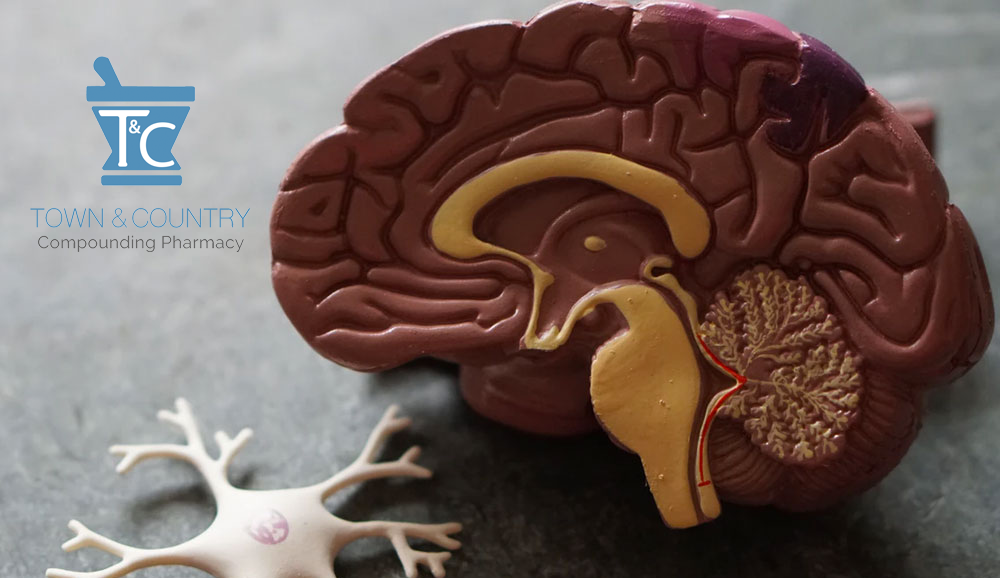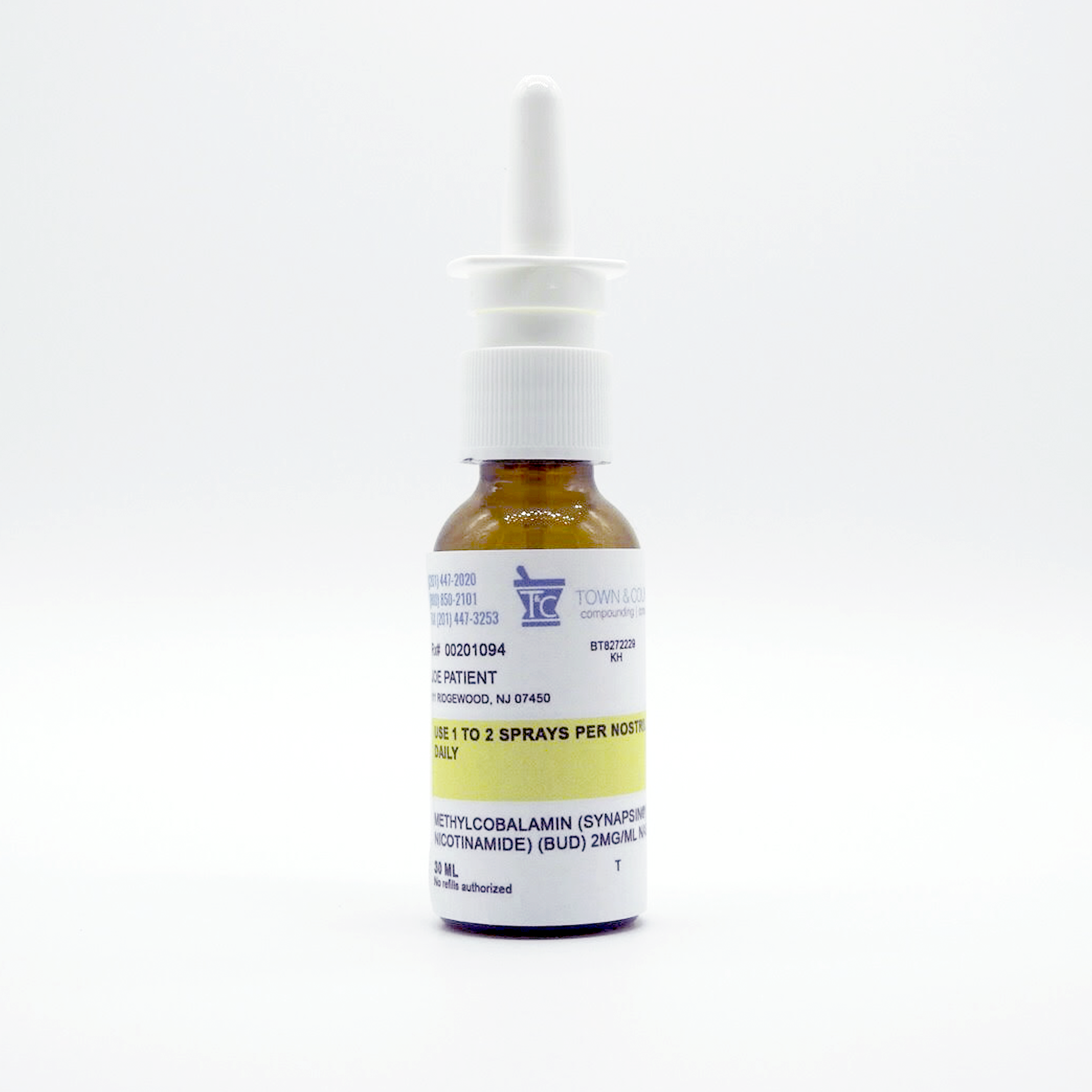What You Need to Know About Neuroinflammation, Alzheimer’s Disease, Viruses, Traumatic Brain Injuries
A Review of Articles and Resources on NeuroinflammationAlzheimer’s & Inflammation
Recently, NBC News brought to light that inflammation could be a main culprit in Alzheimer’s Disease.
According to expert Dr. James LaValle as well as many others, inflammation is the root of many problems. Most of us think of inflammation when we get an injury and physically see swelling.
Or, when someone has a traumatic brain injury from something like a car accident or a serious sports injury that is known to commonly occur in sports such as football, soccer, hockey, etc.
Inflammation can occur throughout the body without us realizing it. It often occurs in the brain. Why don’t we pay more attention to inflammation in our bodies?
Inflammation and Chronic Illness
“Inflammation is a feature of every chronic illness in addition to traumatic brain injuries; people who have PTSD, people who are losing memory, Parkinson’s patients, obese patients. Literally, people who have gained weight, microglial cell activation is thought to be the center of why people lose their fat thermostat and their metabolism’s ability to burn fat.
Bottom line if you have neuroinflammation, not just your brain is aging at an accelerated rate—your whole body will age at an accelerated rate.”
– Synapsin Nasal Spray Interview with James LaValle (podcast content used with permission from Healthy Choices XM/ Ray Solano podcast/radio interview with Dr. Jim LaValle about rG3 (Synapsin)
What do we know about inflammation?
Stress causes people to feel scattered and feeling like they can’t think straight. They often wonder what is happening to them.
Neuroinflammation is an inflammation of the central nervous system (CNS). It can lead to neuronal injury and dysfunction.
What can lead to neuroinflammation?
- Traumatic brain injuries (Concussions, motor vehicle accidents, injury from violence)
- Autoimmune diseases
- By-products of diseases- circulating endotoxins
- Microglial activation- different components to inflammation are led by microglial cells
- Chronic stress- Chronic stress involves elevated cortisol which can lead to microglial activation via the release of inflammatory cytokines. In other words, stress often causes chronic inflammation which can lead to neuronal injury or death and therefore changes in behavior. It interferes with all stages of neuronal renewal.
Possible Causes of Inflamation
Traumatic Brain Injuries, examples
Dr. James LaValle: Director of the NFL Hall of Fame Center for Excellence for research on traumatic brain injuries.
- NFL players with concussions (as well as many other sports)
- Military people such as Navy Seals after being in combat zones
- Motor Vehicle Accidents
- Electric Shock
- Violence Injury
Disease
- Diabetes
- Parkinson’s
- Alzheimer’s (Dementia)
- Autism Spectrum Disorder
- ADHD
- Autoimmune Diseases
- ALS (Lou Gehrig’s Disease)
- Lyme Disease
- Mold
- Stroke /TIA’s
Chronic Stress Situations
- Executive Burnout
- Career stress—see an example of racecar drivers
- Lifestyle stress- money, marriage, kids
- Overloaded parents with “jello brain”
Methylcobalamin (RG3-Synapsin®) Spray
Rg3 is one of several triterpene saponins (ginsenosides) found in the plant genus Panax, including Panax ginseng (Asian ginseng) and Panax quinquifolius (American ginseng). Laboratory studies report that Rg3 extracted from Panax ginseng supports neuroprotection, helping to support healthy microglial activity and healthy neuronal function.
- Quells inflammation, gets neurons to bud (and refueled),and gets the mitochondria to calm down the microglia.
- Triggers mitochondrial rejuvenation -mitochondria become fully active and generate energy in the brain
- Helps with sirtuins (SIRT1’s) which are regulators of metabolism.
- Improves receptor activation. Often, when you give supplements or hormones, the results are affected by the receptors and how active they are.


